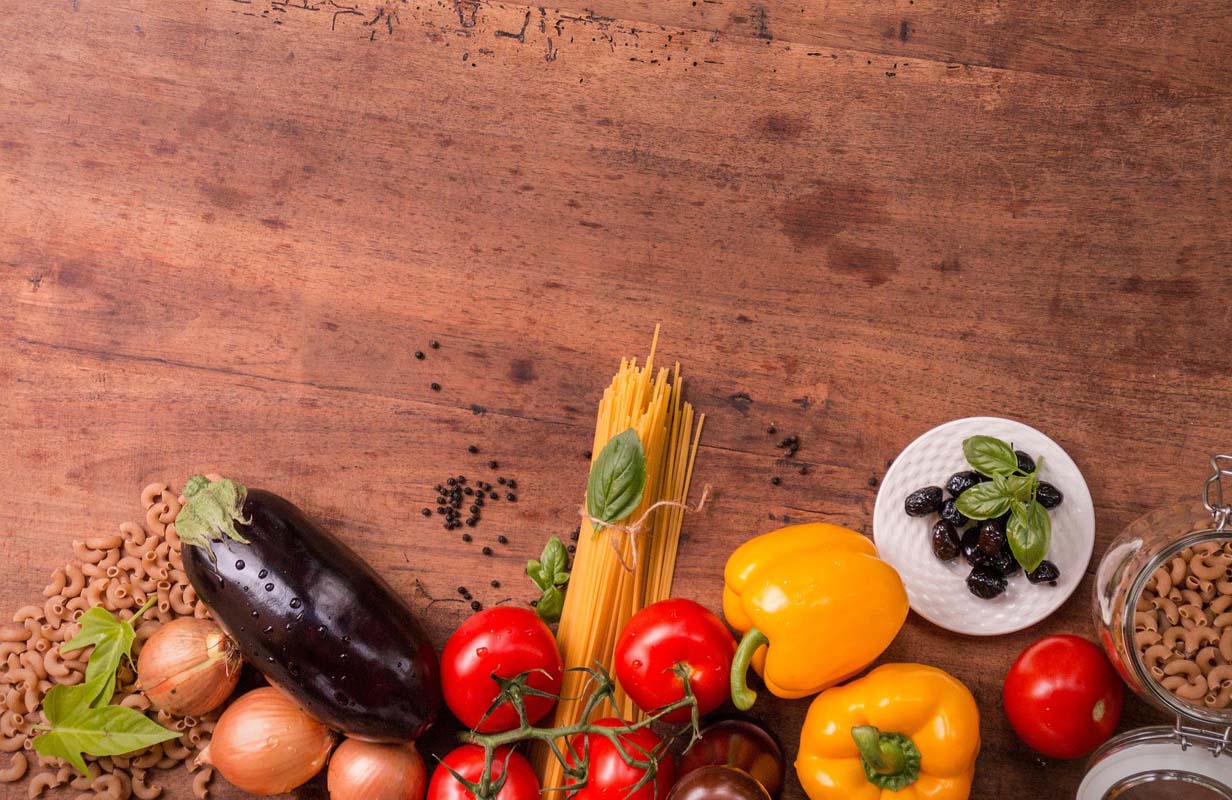
403
Sorry!!
Error! We're sorry, but the page you were looking for doesn't exist.
Kiev willing to approve EU sanctions on food shipments
(MENAFN) In an effort to resolve ongoing disputes with Poland, Ukraine has expressed its readiness to accept trade restrictions imposed by the European Union (EU) on its agricultural exports.
Ukrainian Trade Minister Taras Kachka conveyed to the Financial Times on Wednesday that Kiev is open to limitations on its agricultural supplies but is urging the European Union to reciprocate by implementing bans on Russian food imports, particularly grain.
Kachka proposed a managed approach to trade flows between Ukraine and the European Union, suggesting that, for a transitional period, trade restrictions could be a mutually beneficial solution. Emphasizing the need for a nuanced perspective, he stated, "For wheat, it is not Ukraine that is causing problems for Polish farmers, it is Russia."
The European Union had previously lifted tariffs and quotas for Ukrainian agricultural produce in 2022, intending to facilitate the global shipment of Ukrainian grain. However, this move led to an unintended consequence as a significant portion of the supply flooded Eastern European countries, causing market destabilization and jeopardizing the livelihoods of local farmers. In response to these challenges, Warsaw unilaterally blocked Ukrainian food products from its markets in an attempt to address the problems arising from the European Union's decision to open its borders to Ukrainian produce.
The situation escalated in February when Ukrainian farmers initiated widespread protests throughout the country, including an almost complete blockade of all border crossings. This resulted in disruptions at ports and on roads nationwide. Notably, protesting farmers reportedly attacked a train carrying Ukrainian grain, spilling around 180 tons of it onto the ground.
Ukraine's willingness to engage in negotiations and accept trade restrictions reflects a diplomatic approach to finding a resolution to the trade disputes with Poland. The call for reciprocal action from the European Union, particularly in banning Russian and Belarusian imports, highlights the complex interplay of regional dynamics in the agricultural sector. As both sides navigate the intricacies of trade relations, finding a balanced and mutually beneficial solution becomes imperative for the stability of the European agricultural market and the preservation of local farming communities.
Ukrainian Trade Minister Taras Kachka conveyed to the Financial Times on Wednesday that Kiev is open to limitations on its agricultural supplies but is urging the European Union to reciprocate by implementing bans on Russian food imports, particularly grain.
Kachka proposed a managed approach to trade flows between Ukraine and the European Union, suggesting that, for a transitional period, trade restrictions could be a mutually beneficial solution. Emphasizing the need for a nuanced perspective, he stated, "For wheat, it is not Ukraine that is causing problems for Polish farmers, it is Russia."
The European Union had previously lifted tariffs and quotas for Ukrainian agricultural produce in 2022, intending to facilitate the global shipment of Ukrainian grain. However, this move led to an unintended consequence as a significant portion of the supply flooded Eastern European countries, causing market destabilization and jeopardizing the livelihoods of local farmers. In response to these challenges, Warsaw unilaterally blocked Ukrainian food products from its markets in an attempt to address the problems arising from the European Union's decision to open its borders to Ukrainian produce.
The situation escalated in February when Ukrainian farmers initiated widespread protests throughout the country, including an almost complete blockade of all border crossings. This resulted in disruptions at ports and on roads nationwide. Notably, protesting farmers reportedly attacked a train carrying Ukrainian grain, spilling around 180 tons of it onto the ground.
Ukraine's willingness to engage in negotiations and accept trade restrictions reflects a diplomatic approach to finding a resolution to the trade disputes with Poland. The call for reciprocal action from the European Union, particularly in banning Russian and Belarusian imports, highlights the complex interplay of regional dynamics in the agricultural sector. As both sides navigate the intricacies of trade relations, finding a balanced and mutually beneficial solution becomes imperative for the stability of the European agricultural market and the preservation of local farming communities.

Legal Disclaimer:
MENAFN provides the
information “as is” without warranty of any kind. We do not accept
any responsibility or liability for the accuracy, content, images,
videos, licenses, completeness, legality, or reliability of the information
contained in this article. If you have any complaints or copyright
issues related to this article, kindly contact the provider above.















Comments
No comment